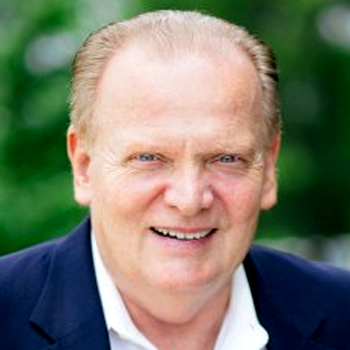Back to series
Listen to or download the audio.
Isn’t One Person’s Cult Another’s Religion?
Sometimes cults get very wide exposure. The 900 suicides at “Jonestown” in 1978 are still an object of shock and fascination. The events at the Branch Davidian compound in 1993 at Waco (ending in a massive fire) and the suicides surrounding “Heaven’s Gate” shocked the world. However, unless a family member is affected or we get a knock on the door from Jehovah’s Witnesses or Mormons, cults often fly under the radar. When we study cults, we see the effects of wrong doctrine and practice in peoples’ lives. It makes us appreciate and hold onto healthy faith and life practices. It is difficult to define what a cult is because one person’s “cult” is another’s religion. When we use the term, we need to know the standard we are using – whether sociological, theological, or psychological. Many “cults,” such as Mormonism, are desiring to become part of the mainstream or mainline churches. Others, such as Jehovah’s Witnesses, want to remain on the outside. How can we evaluate this complex situation? This lecture introduces a way of approaching these issues.
Study Questions
- What cults have you encountered?
- What is the sociological definition of a cult? How do cults try to become mainline? Have any succeeded?
- What is the theological definition of a cult?
- What is the psychological definition of a cult? How might this (in part) apply to some churches or ministries?
- What are the central ways cults work?
- Why are cults the “unpaid bills of the church”?
- Why is “false-centeredness” such a problem?




